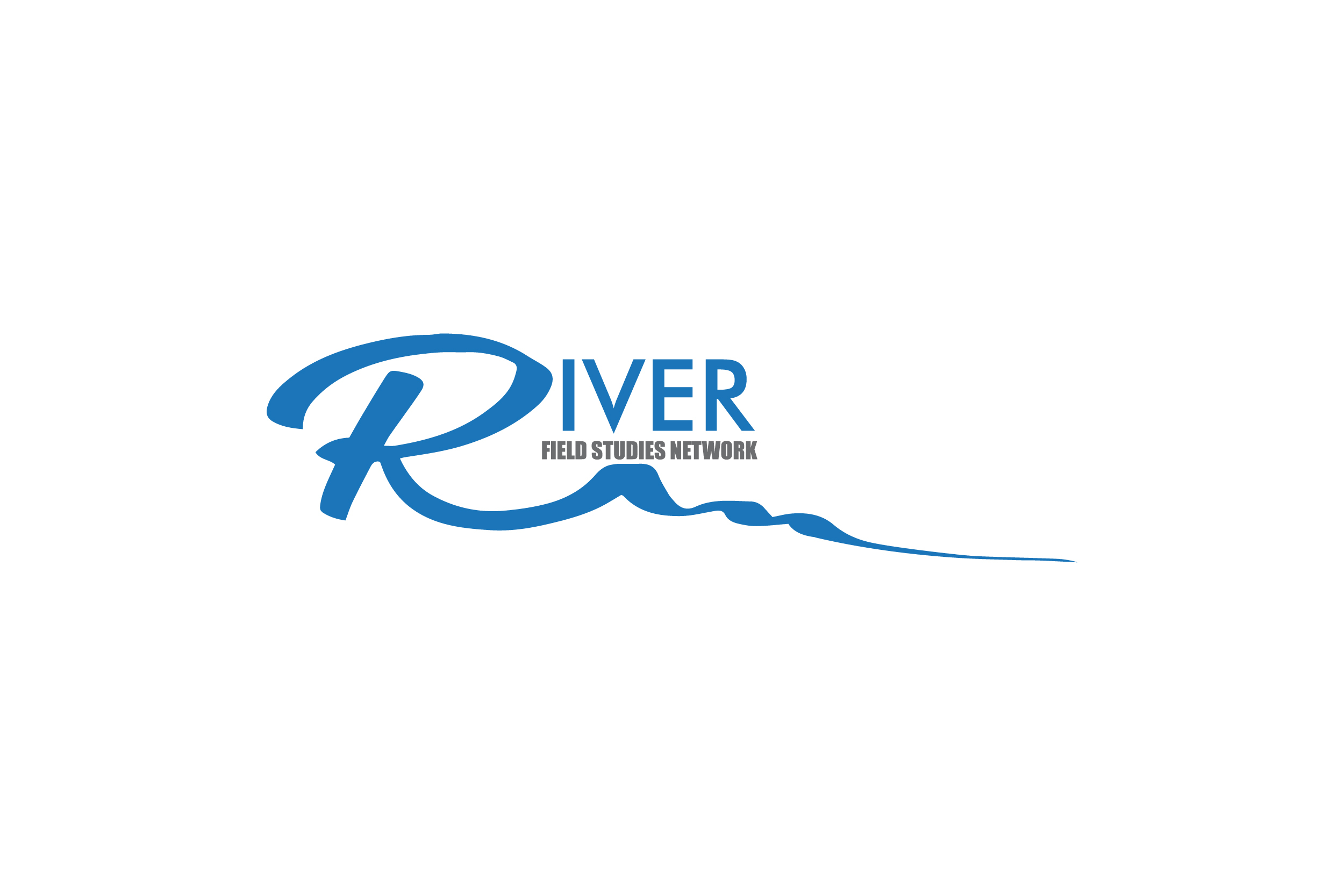A STEAM Approach to Investigating the Hydrologic Cycle
Author(s): Maribeth Kniffin
Louisiana State University
643 total view(s), 564 download(s)
Summary:
The purpose of this experiential lesson is to teach introductory to mid-level undergraduate students how to make detailed hydrologic field observations into a conceptual model using a painting medium. Students should have prior knowledge about the…
Contents:
Lesson_plan(PDF | 246 KB)
Handout1_field_notebook_prompt_questions.pdf(PDF | 78 KB)
Handout2_venn_diagram_comparison.pdf(PDF | 94 KB)
Handout3_painting_instructions.pdf(PDF | 92 KB)
Handout4_written_assignment.pdf(PDF | 77 KB)
Handout5_scientific_method.pdf(PDF | 57 KB)
Handout6_hydrology_definitions.pdf(PDF | 112 KB)
- License terms
